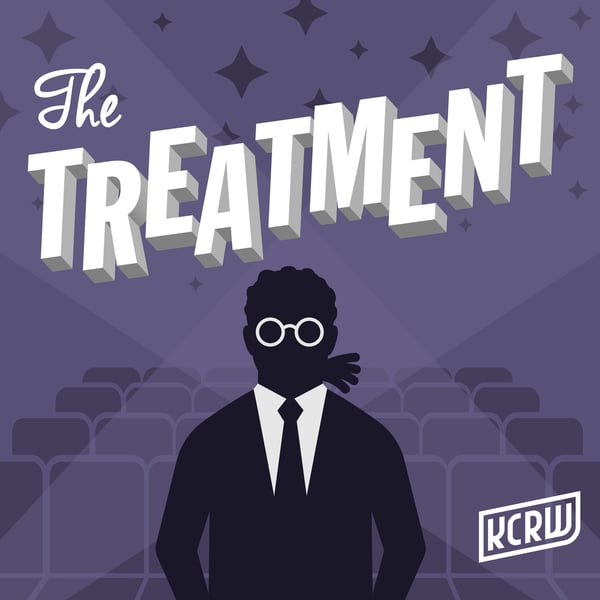Joe Coscarelli, Sacha Jenkins, and the song that inspires actress Sharon D Clarke to be her best self
The Treatment
KCRW
4.6 • 639 Ratings
🗓️ 3 December 2022
⏱️ 57 minutes
🧾️ Download transcript
Summary
This week on The Treatment, Elvis sits down with writer Joe Coscarelli to talk about his new book “Rap Capital: An Atlanta Story.” Next, director Sacha Jenkins reveals a different side of jazz icon Louis Armstrong in his AppleTV+ documentary “Louis Armstrong’s Black and Blues.” And for The Treat, Broadway actress Sharon D Clarke talks about how a song written for someone going through a hard time inspires her every time she listens to it.
Transcript
Click on a timestamp to play from that location
| 0:00.0 | From KCRW Santa Monica and KCRW.com, it's The Treatment. |
| 0:13.0 | It's The Treatment. |
| 0:14.5 | It's The Treatment. I'm Elvis Mitchell. |
| 0:16.8 | And there's probably no more interesting way to start a book than the sentence, |
| 0:22.2 | Wayne Williams wanted to make it in the music business. |
| 0:25.2 | It is the first line, as the introduction, of the book, Ratt Cabot, and Atlanta Story. |
| 0:30.6 | My guest is the cultural writer and commentator from New York Times, Joe Kaskerli, |
| 0:35.8 | Joe Persol, so good to have you here. Thank you for doing this. |
| 0:38.5 | Thank you so much for having me. |
| 0:39.8 | Really, the whole first third of the book is about how it was so hard for people to get |
| 0:45.0 | a grasp on how to cover Atlanta just as a social and cultural phenomenon. |
| 0:49.7 | That was fascinating to me that you started with that. |
| 0:52.3 | Yeah, you know, I knew I wanted to tell some stories about Atlanta that were not directly related to the rap industry of the last, you know, 10 or 20 years, which is where most of the book focuses. |
| 1:06.0 | And what I found was that it's almost impossible to tell an Atlanta story, either, you know, culturally, |
| 1:12.7 | politically, historically, historically, that doesn't somehow connect directly to the present-day |
| 1:18.1 | music scene. And that was, that was really fascinating for me because I thought I was going |
| 1:22.1 | to have to do a lot of stretching to make this stuff relevant. But it turned out it was, |
| 1:26.6 | it was more directly relevant than I even knew going in. |
| 1:30.0 | But what's fascinating about that, too, is, I mean, as a kid, I can tell you, when Wayne Williams started to turn up in the press, you know, if you were a person in the black community, you go, that guy was in Jet Magazine. |
| 1:40.9 | So you're talking about Wayne Williams, you know, better known insofar as he's known at all |
| 1:46.2 | as the perpetrator allegedly of the Atlanta child murders, the serial killings that span |
| 1:53.6 | the late 70s and early 80s in black neighborhoods in Atlanta. And it's true, yeah, Wayne Williams, |
... |
Please login to see the full transcript.
Disclaimer: The podcast and artwork embedded on this page are from KCRW, and are the property of its owner and not affiliated with or endorsed by Tapesearch.
Generated transcripts are the property of KCRW and are distributed freely under the Fair Use doctrine. Transcripts generated by Tapesearch are not guaranteed to be accurate.
Copyright © Tapesearch 2025.

